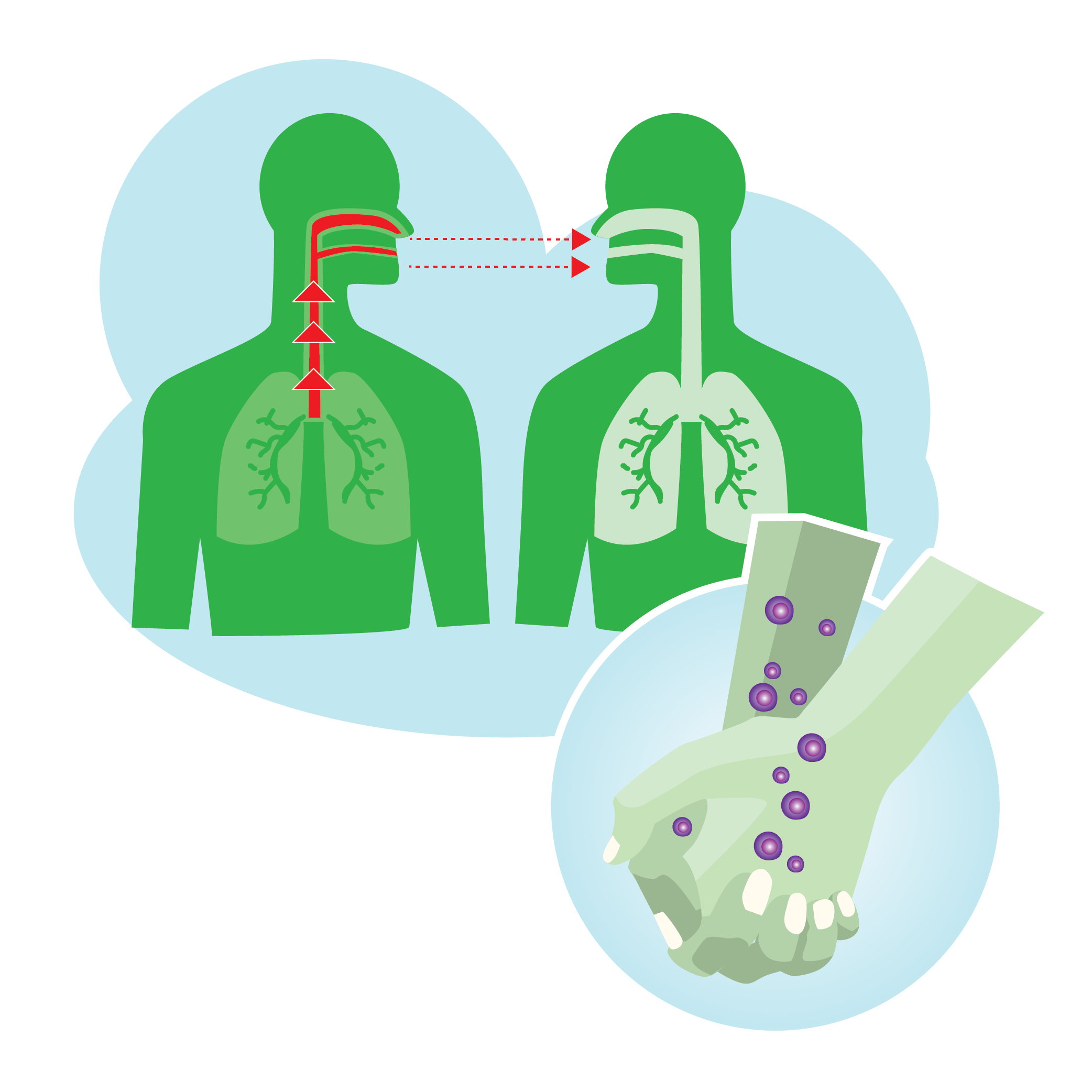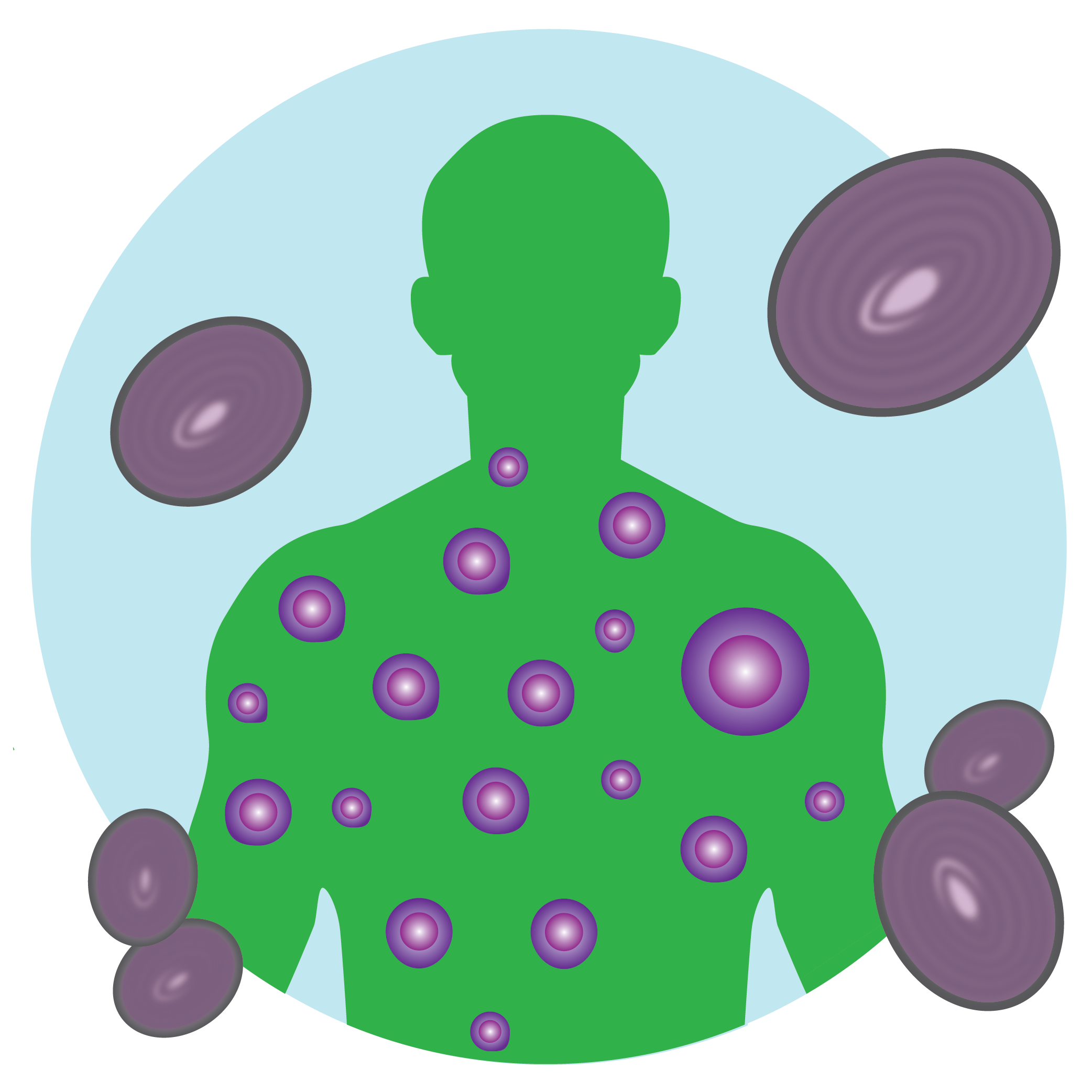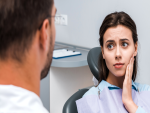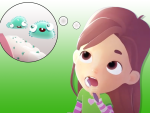
News reports have been increasing over the last few weeks about monkeypox infections. Cases of this little-known viral infection were initially detected in Europe but have quickly begun spreading in the United States. Monkeypox has now been found in nearly every state and territory.
The virus can spread in multiple ways including intimate contact, skin-to-skin contact and through respiratory particles. Anyone exposed to someone infected with monkeypox can become sick with this disease, including young children.

Monkeypox has a distinctive rash that can include numerous painful, pustular or fluid-filled blisters. The rash typically begins on the head and can include lesions inside the mouth. The rash then typically spreads and can take two to four weeks to resolve. Infected people are contagious until the blisters heal and the scabs fall off.
The rash can be preceded by viral symptoms that can include fever, swollen glands, fatigue, headaches and muscle aches. Both medical and dental providers should lookout for suspicious oral lesions.
If you think you might have monkeypox because you have been exposed or you have symptoms, isolate at home. Contact your medical provider for further guidance, testing and possible treatment, including vaccination.
Here are ways to help prevent the spread and protect yourself from infection:
- Avoid close contact, especially intimate contact, with people who have symptoms or a concerning rash.
- Avoid handling bedding, towels or clothing of someone infected with monkeypox.
- Do not share dishes, silverware or cups with an infected person.
- Wash your hands frequently or use hand sanitizer.
- Vaccination is recommended for people who have been exposed to someone with monkeypox or are at high risk of being exposed to monkeypox. The vaccine is currently in short supply.
Here are resources for more information:
This information in this post is for general educational purposes only and does not warrant or represent any information as related to health as specifically appropriate for you. It is not intended to be medical advice or replace the relationship that you have with your health care providers. You should always seek medical advice on any diagnosis or treatment from a qualified health care provider. The information is provided “as is” without any representations or warranties, express or implied.







